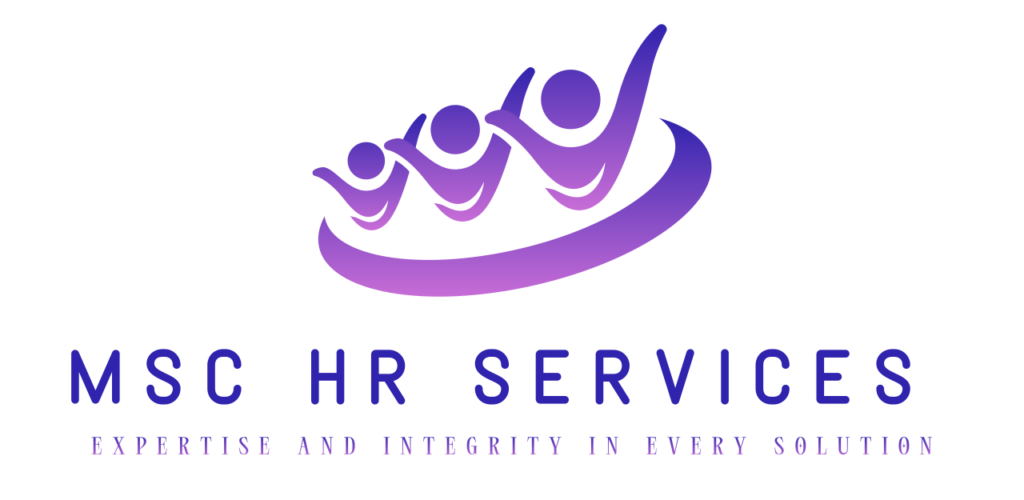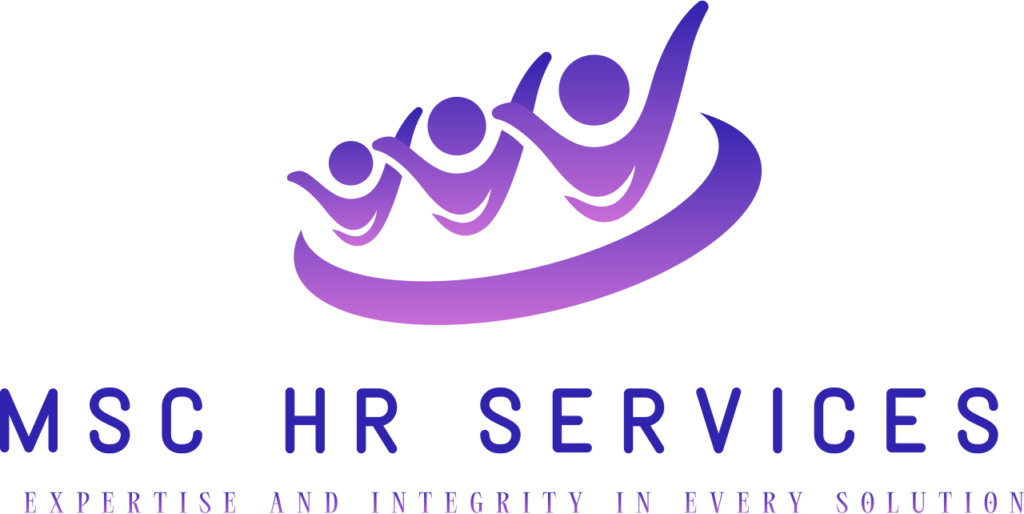Why Is HR Strategic Planning Essential for Company Growth?
In today’s highly competitive business environment, organizations face numerous challenges, from attracting top talent to keeping employees motivated and engaged. As companies continue to evolve, the need for strategic human resource (HR) planning becomes ever more essential. HR is no longer just about recruitment, payroll, and benefits administration. It has become a key player in driving company growth, innovation, and sustainability.
So, why is HR strategic planning essential for company growth? Let’s explore the vital role it plays in creating a thriving organization.
Understanding HR Strategic Planning
At its core, HR strategic planning is the process of aligning an organization’s human resources with its long-term goals and objectives. It involves analyzing the current workforce, forecasting future HR needs, and implementing policies that will help meet business targets. This proactive approach ensures that the company’s human capital is optimized to deliver the desired outcomes.
Strategic HR planning goes beyond the typical day-to-day HR functions. It encompasses talent acquisition, employee development, performance management, and employee engagement, ensuring that each HR decision supports the overall goals of the business. By aligning HR strategies with business priorities, companies can maximize their human capital, streamline operations, and drive growth.
The Connection Between HR and Company Growth
The link between HR and company growth is more profound than most people realize. HR is no longer just a support function but a strategic partner that directly influences a company’s trajectory. Here’s how effective HR practices contribute to a company’s overall growth:
Talent Acquisition and Retention
The foundation of any growing organization is its people. HR plays a central role in ensuring that the right talent is attracted and retained. With strategic planning, HR aligns recruitment efforts with the company’s future growth needs, ensuring that the workforce possesses the skills and expertise required for expansion.
Hiring the right people isn’t just about filling vacancies; it’s about finding candidates who align with the company’s values, culture, and long-term goals. HR teams also focus on reducing turnover by offering competitive compensation packages, opportunities for career development, and creating a work environment that fosters employee satisfaction. When employees feel valued, they’re more likely to stay, reducing recruitment costs and allowing the company to retain expertise, which is critical for long-term growth.
Building a Strong Organizational Culture
A company’s culture has a direct impact on its ability to grow. An organization with a positive, supportive culture tends to attract and retain top talent, increase productivity, and enhance employee morale. HR strategic planning is responsible for shaping and maintaining this culture by aligning policies, values, and behaviors with the company’s vision.
Strategically planning culture-building initiatives such as team-building activities, recognition programs, and employee wellness initiatives can foster a sense of belonging and drive among employees. When the company’s culture encourages collaboration, creativity, and accountability, employees are more likely to be engaged and motivated to contribute to the company’s growth objectives.
Employee Development and Training
In a growing organization, employees must continually develop their skills to meet evolving business needs. HR’s role in developing training and development programs ensures that employees are prepared for new challenges and can take on additional responsibilities as the company expands.
Strategic HR planning focuses on nurturing employees’ growth through continuous learning. This could mean offering leadership training to prepare individuals for managerial roles or providing specialized skills development that aligns with the company’s expansion plans. An investment in employee development results in a more skilled workforce that can drive innovation, efficiency, and productivity—key components of sustainable growth.
Performance Management
Performance management is vital in ensuring that all employees are aligned with the company’s strategic objectives. By setting clear expectations, regularly evaluating performance, and offering constructive feedback, HR ensures that each employee’s efforts contribute to the company’s overall goals.
HR strategic planning includes developing performance appraisal systems that are consistent, fair, and aligned with company values. By recognizing and rewarding high performance, HR can motivate employees to strive for excellence, while identifying areas for improvement to optimize overall productivity. A well-executed performance management system leads to better business outcomes, contributing to growth.
Succession Planning
As companies grow, leadership transitions become inevitable. HR strategic planning plays an important role in ensuring that there is a robust succession plan in place, allowing the organization to fill key leadership roles with internal talent, minimizing disruptions during transitions.
Succession planning ensures that the company has a pool of high-potential employees ready to step up and lead. By identifying and mentoring future leaders, HR helps ensure continuity in leadership and strategy, even as the company scales. This not only reduces the risk of leadership gaps but also shows employees that there are opportunities for advancement within the organization, boosting morale and loyalty.
Adapting to Change and Innovation
In today’s fast-paced business environment, adaptability is essential for growth. HR strategic planning ensures that the workforce is prepared for change—whether it’s technological advancements, shifts in the marketplace, or changes in the regulatory environment.
HR plays a key role in fostering a culture of innovation by encouraging employees to think creatively and supporting them in their pursuit of new ideas. Additionally, HR can help the organization quickly adapt to changes in the business landscape by upskilling employees and aligning workforce planning with emerging trends. The ability to quickly pivot and innovate is a competitive advantage that can drive company growth, and HR is crucial in making that happen.
Employee Engagement and Wellbeing
Employee engagement is closely tied to productivity and retention, both of which are crucial for company growth. Engaged employees are more likely to be motivated, productive, and committed to achieving company goals. HR’s strategic planning ensures that employee engagement is a priority by implementing initiatives that promote work-life balance, recognition, and opportunities for growth.
By focusing on employee wellbeing, such as offering mental health resources, flexible work arrangements, or wellness programs, HR helps reduce burnout and absenteeism, leading to a more engaged and productive workforce. Engaged employees are more likely to contribute innovative ideas, go above and beyond in their work, and act as ambassadors for the company—ultimately supporting growth.
Conclusion
Effective HR strategic planning is crucial for fostering a productive, innovative, and engaged workforce, all of which directly contribute to company growth. By focusing on talent acquisition, employee development, and creating a supportive work culture, HR helps organizations stay competitive and agile in a fast-paced business environment. With HR as a strategic partner, companies can build a foundation for long-term success and achieve their growth objectives with confidence.
At MSC HR Services, we understand the vital role HR plays in driving business success. If you’re looking to optimize your HR strategies and unlock your company’s growth potential, we’re here to help. Contact us today in Las Vegas, NV, and let’s discuss how our tailored HR services can support your business’s journey toward sustainable growth.

